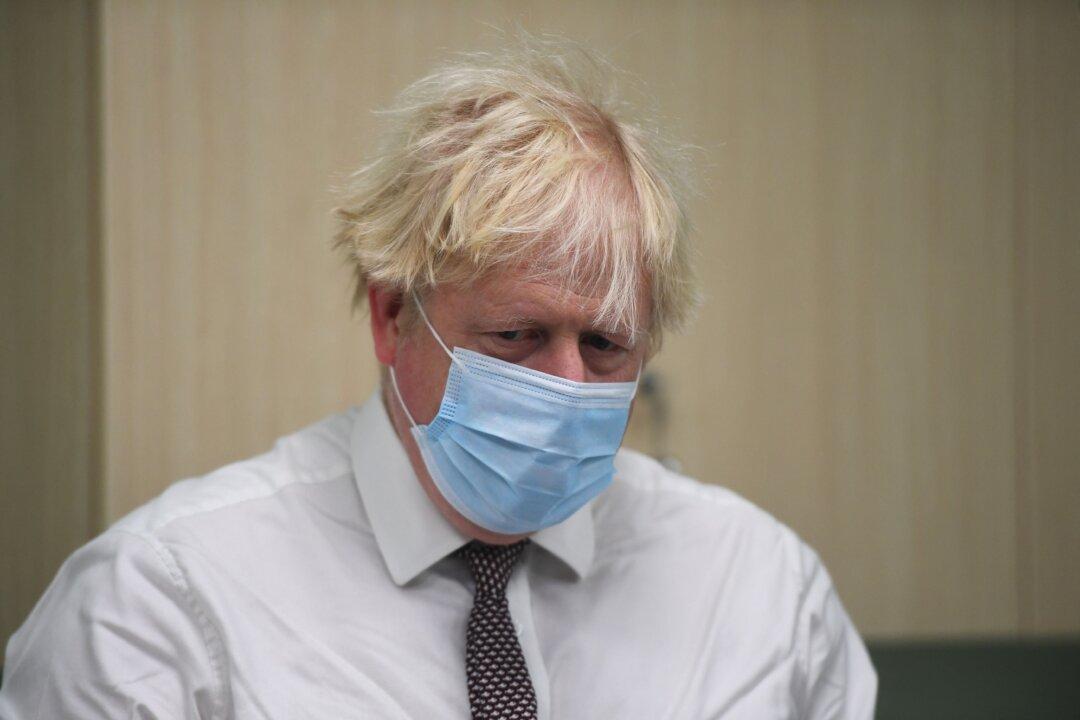British Prime Minister Boris Johnson has come under pressure to take responsibility for the government’s botched attempt to protect a ruling party lawmaker by changing rules designed to prevent corruption in parliament.
The Johnson government has been accused of “corruption” and “wallowing in sleaze” after it whipped through a vote last Wednesday to block a 30-day suspension of Conservative MP Owen Paterson—who was found by the cross-party Standards Committee to have repeatedly lobbied ministers and officials for two companies paying him more than £100,000 ($134,600) per year—by shaking up the disciplinary process.





